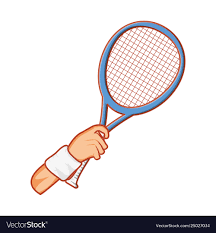Unit 5
You can do it
Lessons 1+2 +3
*Before we start our lesson. Have a look to these picures.
Name them.
a.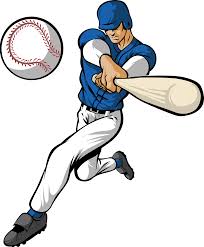 b.
b.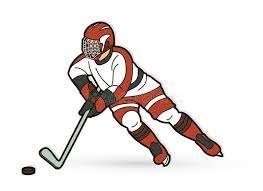 c.
c.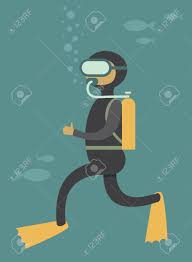 d.
d. 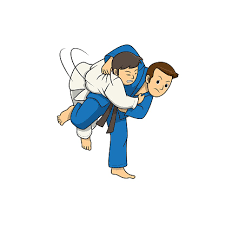
e.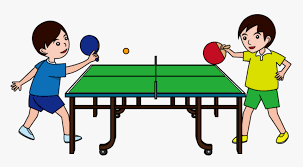 f.
f.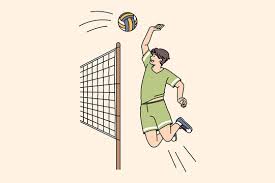 g.
g.
The answer : a. baseball b.hockey c. ice diving d.judo e. table tennis f. volleyball g. tennis
***********************************************************************
2. The key words :
| The word/ phrase | The meaning | The part of speech |
| tennis | A game in which two or four players strike a ball with rockets over a net stretched across a court.Noun | Noun |
| hockey | An American outdoor game played by two opposing teams of 11 players .(they use sticks to hit a small hard bal) | Noun |
| baseball | A ball game played between two teams of nine on a field with a diamond-shaped cicuit of four bases. | Noun |
| volleyball | A game for two teams, usually of six players, in which a large ball is hit by hand over a high net. | Noun |
| table tennis | an indoor game based on tennis,played with small paddles and a ball bounced on a table divided by a net. | Noun |
| judo | A sport of unarmed combat derived from jujitsu and intended to train the body and mind. | Noun |
| ice diving | To dive into the ice. | Noun |
*Each word in a full sentence. (exercise 2)
1.Learn judo to get fi t and defend yourself.
2. I watched tennis, and my neck hurt from moving it left and right.
3. The wind blew the balls and made table tennis impossible.
4. Try bossaball to practise lots of skills.
5. I was ice diving and caught a big fi sh.
6. Teamwork is important in volleyball.
7. Do you prefer hockey on grass or on ice?
*********************************************
Exercise 1/ page 49
Listen to Badria and Mariam talk about the sports they and their family practise. What is bossaball?
Who does it? What sport does Mariam do?
What sport does she like to watch? What sport does Jamal want to do? When can he do it? Do you want to do any of these sports? Which one? Take down notes
The answer:
|
Badria: And who’s this on the trampoline? Why is he upside-down? Why is there a ball? Mariam: That’s my brother Hakim playing bossaball. It’s a sport invented in Spain. It’s like volleyball on a trampoline, with parts of football and gymnastics. You can use any part of your body: Hakim is upside-down so he can kick it over the net! Badria: How many people do you need? Mariam: You need three to fi ve players on each team. Hakim is playing with his friends; he says it’s fun. Badria: Do you play bossaball? Mariam: Never! I like watching it, though. But I prefer skating and playing tennis. They’re less diffi cult. Badria: My brother Jamal is trying to convince Dad to let him go ice diving in Antarctica. Look! These are the brochures he brought. Mariam: It looks very dangerous! Badria: That’s exactly what Dad said! He said: “Wait until you are old enough. Then, you can go. You are too young to go ice diving now!” Mariam: I don’t think he’s very happy about it. Badria: No, he isn’t! So now Jamal wants to go rally driving instead ... |
Exercise 3:
Complete the table. Then, in a group, ask and answer questions about which sports you do, which sports you like to watch and which sports you think are boring. Use the list in exercise 2 to help you. You can add all the other sports you know. Take down notes.
Example:
A: Do you skate?
B: No, I don’t, but I like to watch it.
A: What sports do you think are boring?
The answer: Students’ own answers
*************************************
Exercise 4:
Now report your findings to the class
| Abed and Malek play judo. They like to watch … |
The answer: Students’ own answers
*************************************************
Lessons 2 and 3 /page 50
You have to play by the rules!
Sport quiz
|
.1. Can you play football indoors? 2. Can you kick the ball in basketball? 3. Can you use any metals in a judo competition? 4. Can you hit the ball with your hand in tennis? 5. Can you hit the ball with your head in football? 6. Can you use your feet in hockey? |
The keywords:
| The word | The meaning | The part of speech | |
| pitch | An area of ground that is marked out and used for playing a game such as football, cricket, or hockey. | Noun | |
| referee | A person who is in charge of a sports game and who makes certain tha the rule are followed | Noun | |
| goal | The result or achievement toward which effort is directed | Noun | |
| court | An area drawn out on the ground that is used for playing sports such as tennis and basketball. | Noun | |
| net | A material made fof threads of rope, string,wire, or plastic with spaces between them. | Noun | |
| umpire | A person who is present at a sports competition in order to make certain that the rules are acceptable. | Noun | |
| racquet | A tool that players use to hit the ball in teniss game | Noun |
*While reading
The rules of the game:
| Football and tennis are both very popular sports and people play them all over the world. What are the rules? Are they the same now as they were when people first played these sports? Before 1863, not everyone played football with the same rules. Some people picked the ball up and ran with it. In 1863, there were new rules and these rules are used now. Each team has to have 11 players. You play football on a pitch. One player in each team, the goalkeeper, has to stand in the goal. The goalkeeper can pick the ball up and throw or kick it to the players in their team. The other players have to kick the ball to the other players. You can’t touch the ball with your hands. The referee watches the game. He makes sure players follow the rules. People began playing tennis a long time ago. First, they hit the ball with their hand. Then they used a glove. Finally, they used racquets. You have to play tennis on a court with a net. You have to hit the ball over the net with a racquet. You have to hit the ball inside the lines. You can’t throw the ball. You have to have an umpire. The umpire decides if a player wins a point. |
*After reading:
Exercise 1/ page 50 (SB)
1 Read about the rules of some games. Do you think these rules will change in the future? Why/Why not?
The answer: Student's own answer.
********************************************************
Exercise 2/ page 50 (AB)
*Read the text again. Then, answer these questions in pairs.
a. How do you think players should behave when there is no referee watching the game?
b. Find two differences between the rules of tennis and the rules of football.
c. What are the other rules for playing football?
d. Does this article contain mainly facts or opinions? Give two examples from the text to support your answer.
The answer:
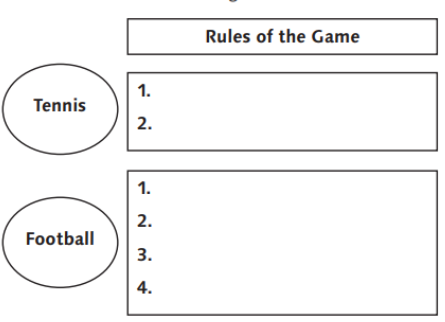
a. Students’ own answers
b. Answers may include: Tennis is played on a court, whereas football is played on a pitch. An umpire watches the game in tennis, whereas a referee watches a football match. To earn a point in football you must kick the ball into the goal, whereas in tennis you must hit the ball over the net.
c. Students’ own answers
d. The article mainly contains facts including “Football and tennis are both very popular sports”, “Before 1863, not everyone played football with the same rules” and “People began playing tennis a long time ago.”
*************************************************************************
Exercise 3 / page 50 (SB)
Listen to the words below in context. Try to guess their meanings

1. There was too much water on the pitch to play football.
2. You’ll be a great referee because you know a lot about sport and you make good decisions.
3. David kicked the ball into the goal from 40 metres away.
4. My school has a tennis court for us to play tennis together.
5. I lost a game of tennis today because I kept hitting the ball into the net.
6. From his chair, the umpire has the best view to judge the match.
7. You should try to hit the ball with the middle of the racquet.
********************************
Remember
1. referee 2.
referee 2.